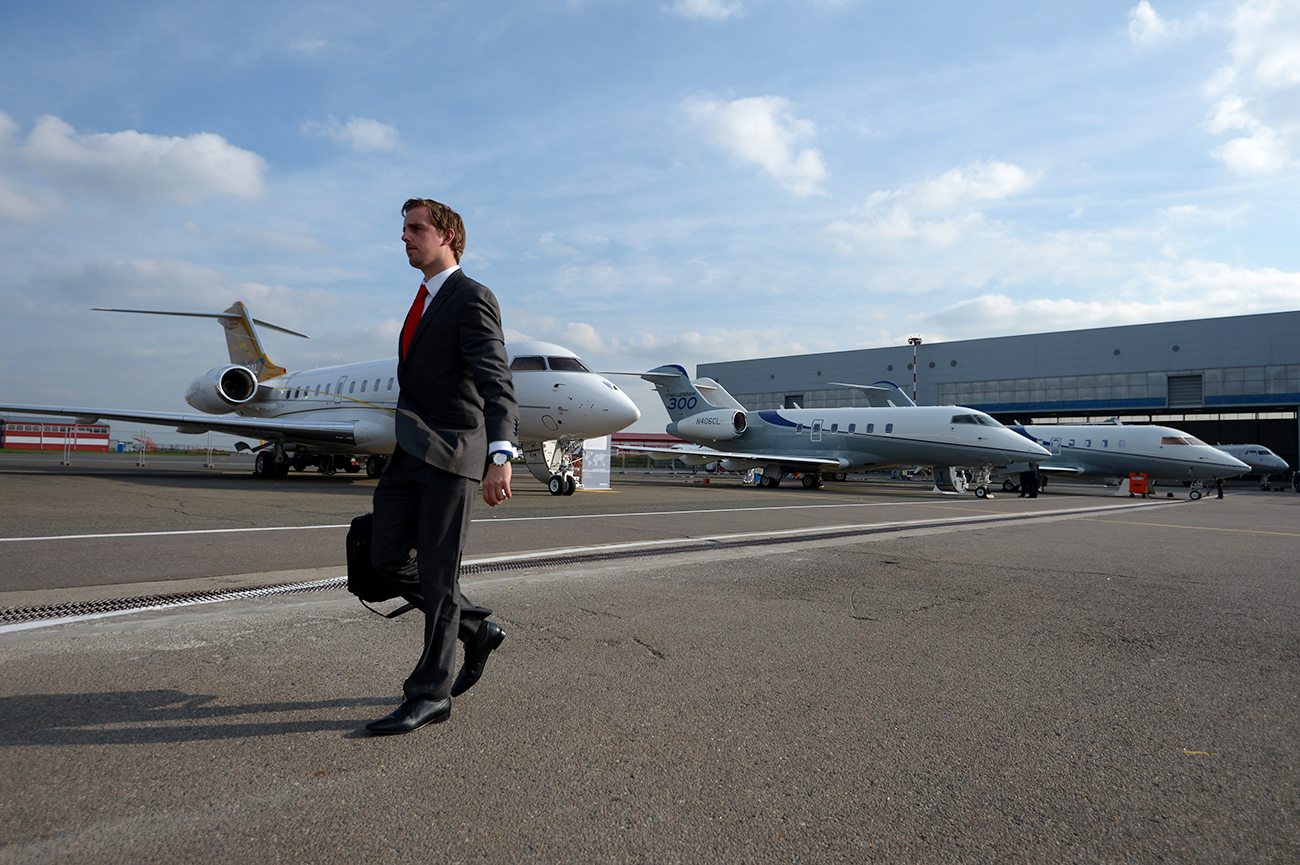
According to Aero Club, business travellers from Britain, the U.S. and Germany were the most frequent visitors to Russia in 2016.
Evgeny Biyatov/RIA NovostiDemand for corporate tourism visas to Russia grew by 58 percent last year, according to research by Aeroclub, a company that specializes in business tourism. The research suggests that expats and business travellers are returning to Russia after a 24 percent decrease in the number of invitations processed in 2015.
According to Aeroclub, business travellers from Britain, the U.S. and Germany were the most frequent visitors to Russia in 2016. Visas to Russia were also in high demand among citizens of Poland and France.
"Since the beginning of the 2014 crisis, many foreign corporations have limited their business trips to Russia and recalled expats already working in the country. However, according to the statistics for 2016, business ties are being restored," said Denis Matyukhin, Aeroclub's general director. He added that representatives of the pharmaceutical and FMCG sectors, along with employees of construction companies were sent on business trips to Russia more frequently than others.
"As a result of the low exchange rate of the national currency, our country, and above all Moscow and St. Petersburg, have indeed become very attractive in terms of price as venues for business forums, conferences and exhibitions," says Pavel Vasin, general director of BTM (Business Travel Management).
According to Vasin, increased interest on the part of foreign business travellers also comes as a result of global sports events that Russia has been actively involved in over the past two years. These include the 2016 Ice Hockey World Championship, the upcoming 2017 FIFA Confederations Cup and the 2018 World Cup.
Russia is not just becoming an attractive destination for private tourists, agrees Svetlana Pyatikhatka, executive director of World Without Borders, a travel association specializing in Russian-Chinese tourism. According to the association, last year over 760,000 Chinese tourists (including those on both private and business visas) visited Russia. This represents a 41 percent increase from 2015.
Pyatikhatka notes that, while it is difficult to get an accurate breakdown of tourist flowsorto specifically identify business travellers, a significant increase in interest in investment from China has been noted. "Business activity is growing. There are new investment projects, for example in the Sverdlovsk Region," Pyatikhatka says.
However, Russian companies do not yet have sufficient data to point conclusively to the mass return of business travellers to Russia, according to Alexander Maklyarovsky, head of the Inbound Tourism Department at the Association of Tour Operators of Russia (ATOR). It is not possible to identify who is a business traveller since the majority of them enter Russia on tourist visas, he explains.
"It is very difficult to break down and accurately interpret tourist flows from the standpoint of the purpose behind individual visits," says Pavel Vasin. For instance, a sports supporter who works for company X and is visiting Russia on a reward trip from his employer can hardly be called a business traveller. On the other hand, an ordinary individual who comes to Russia on a private or tourist visa and simultaneously deals with business matters can also be called a business traveller, Vasin explains.
If using any of Russia Beyond's content, partly or in full, always provide an active hyperlink to the original material.
Subscribe
to our newsletter!
Get the week's best stories straight to your inbox